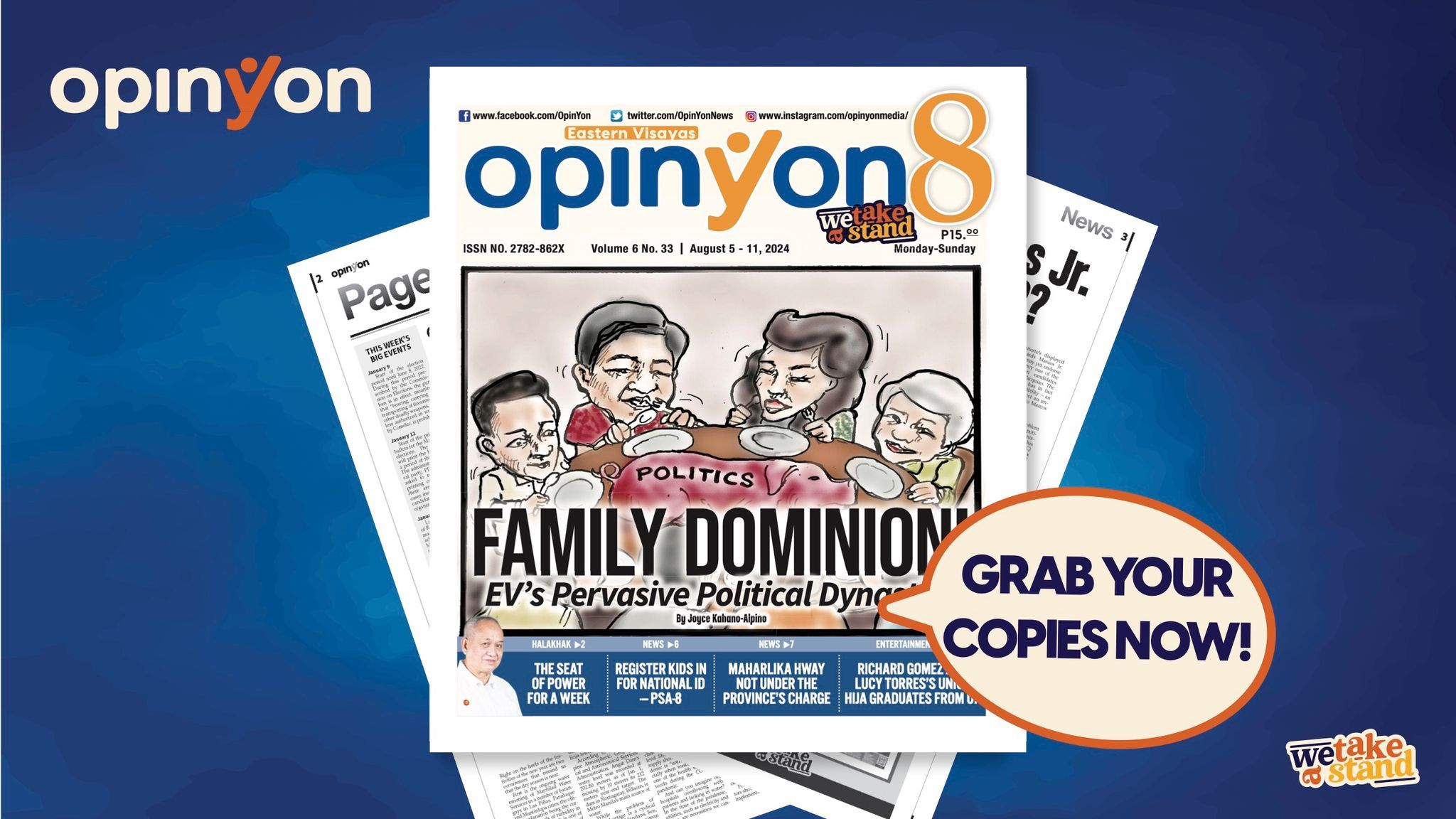Different faces, same coin.
Eastern Visayas is undeniably one of the regions in the Philippines where political dynasties are a common phenomenon.
This region has been plagued by a culture of political dynasty-building, where families and clans dominate local politics, making it difficult for new faces to enter the political arena.
This raises concerns about the perpetuation of power, corruption, and the lack of representation for marginalized sectors.
Cultural Context
One of the primary reasons for the proliferation of political dynasties in Eastern Visayas is the region's historical and cultural context.
The region has a strong tradition of patron-client relationships, where political leaders from influential families promise support and protection to their constituents in exchange for loyalty and votes.
This system has created a culture of dependency, where people often vote for candidates from well-established families out of obligation and loyalty rather than based on their qualifications or policies.
Effective Opposition
Another significant factor is the lack of strong political institutions and electoral reforms.
Allegations of local elections marred by irregularities are common, with many politicians allegedly using their wealth and influence to manipulate the electoral process. This has led to a situation where candidates from established families can easily secure their victories without facing strong competition.
The absence of effective political opposition is also a critical factor.
In many areas, opposition candidates are either discouraged or unable to run due to intimidation, lack of resources, or limited access to media platforms. This means that political dynasties often face little to no competition, allowing them to maintain their grip on power unchallenged.
Patronage Politics
Additionally, the region's economic dependence on agriculture and small-scale entrepreneurship means that many voters rely on patronage politics for economic survival.
Politicians with access to resources and connections can use these as leverage to buy votes or provide favors to constituents.
The educational system in Eastern Visayas also contributes to the perpetuation of political dynasties.
Many politicians come from families with access to quality education, which provides them with a competitive advantage in terms of knowledge, skills, and networking opportunities. This limits opportunities for those from lower-income backgrounds to participate in politics.
The Root Causes
Despite these challenges, there are some attempts to challenge the dominance of political dynasties in Eastern Visayas.
Some civil society organizations and advocacy groups are working to promote electoral reform, increase transparency in government transactions, and support marginalized groups.
However, more needs to be done to address the root causes of political dynasties in the region.
Strengthening political institutions, promoting education and skills training for marginalized groups, and increasing access to resources and opportunities can help level the playing field for new politicians and candidates.
Only through such efforts can we ensure that power is distributed more evenly and that new faces can enter the political scene, bringing fresh ideas and perspectives to governance.
#WeTakeAStand #OPinYon #OpinYonCoverStory #PoliticalDynasties #Politics
